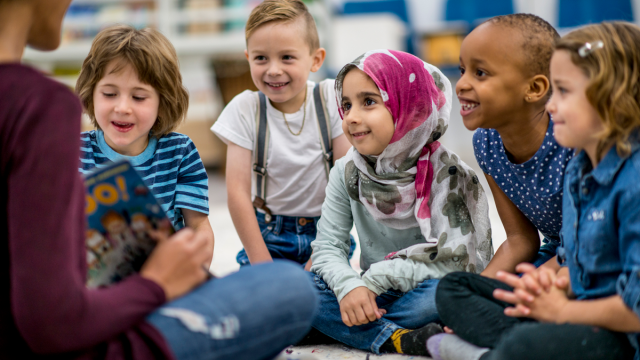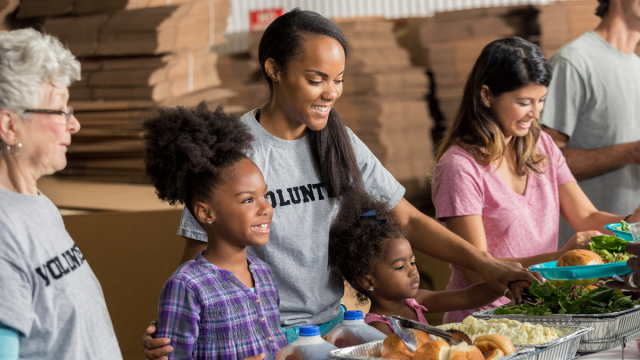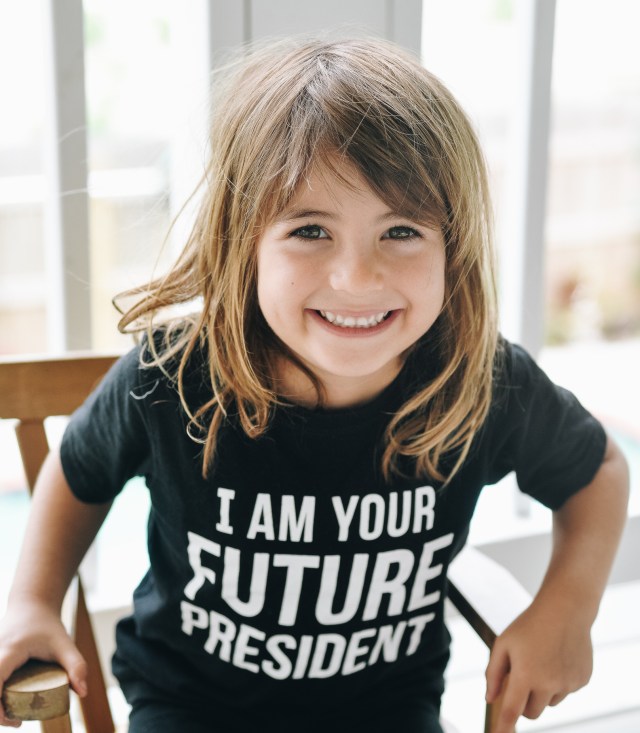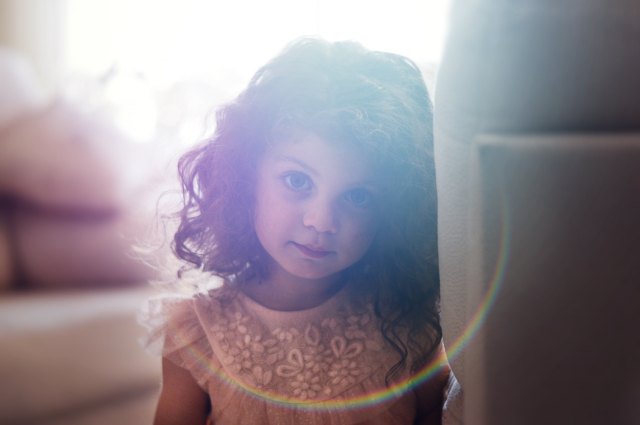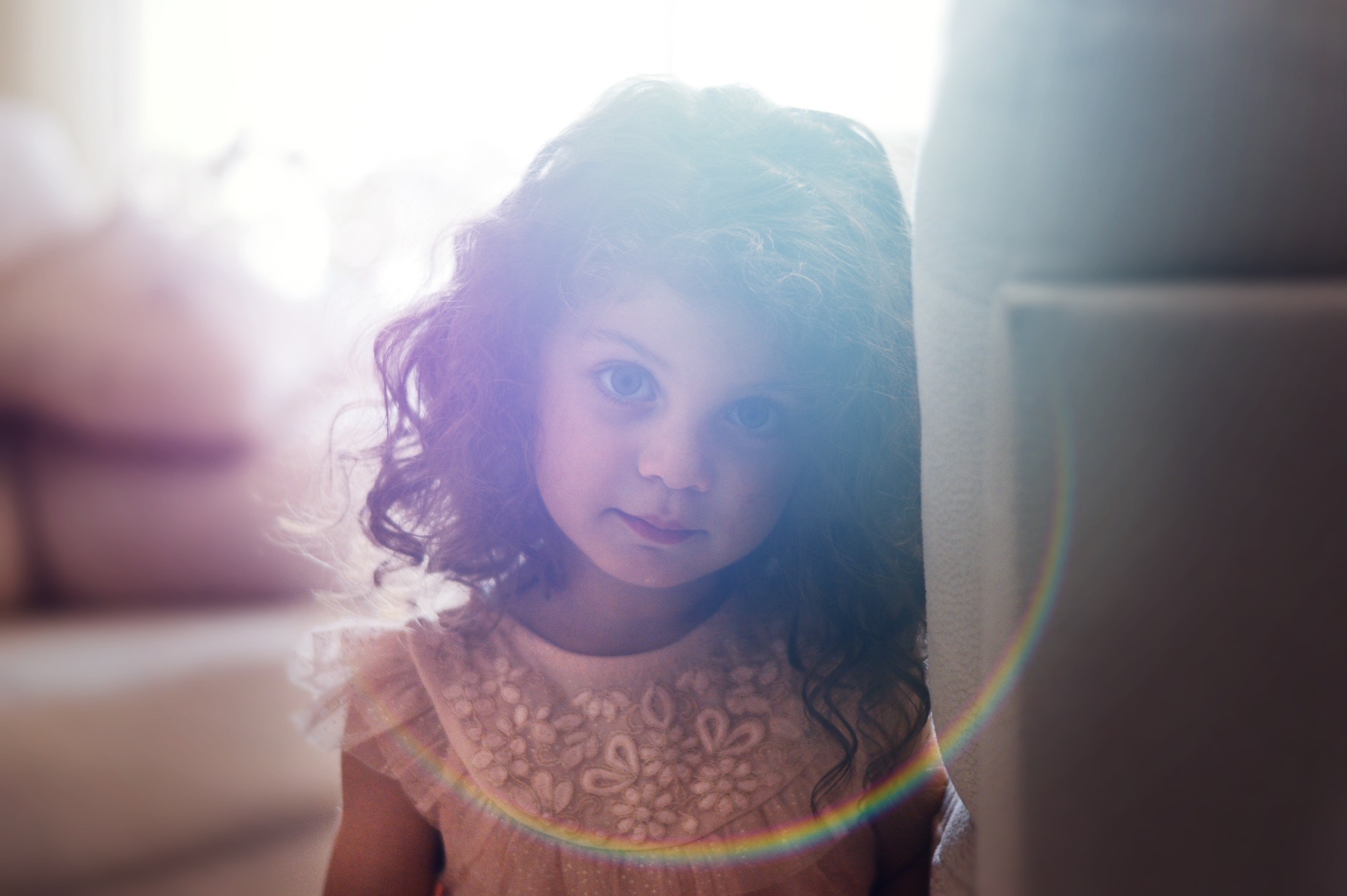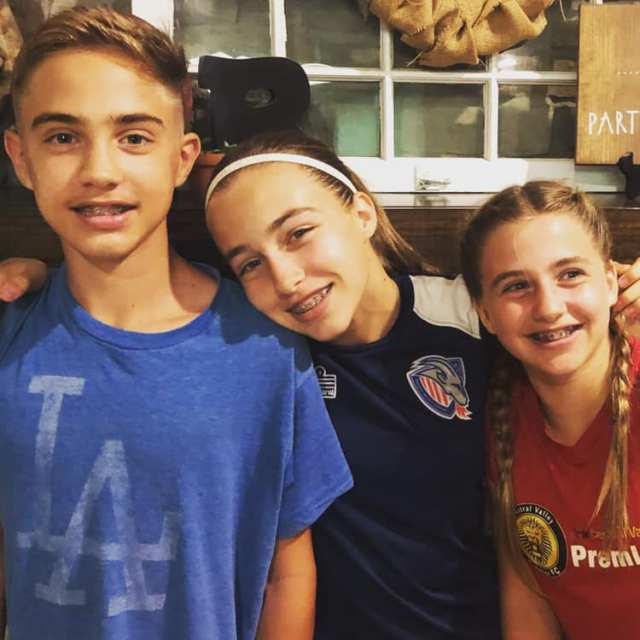
It’s the eve of my 40th birthday. A good chunk of my friends have already reached this milestone. For some it’s been a huge blow out party, for others, a quiet dinner with family. Some have, at least on the outside, fully embraced it, while others simply want the day to pass.
Me?
I think I’m in a pretty good place.
No, really, I am.
Yes, in theory I’m now middle age, and yes, when I look back of pictures of me at 20 in a bikini a small piece of me pines for my rested eyes, my flat stomach, my wrinkle-free skin. But, if I had the chance, would I really want to switch places with 20 year old me? Surprisingly, no. And here’s why…
——–
20:
Freedom!
No Kids, No Mortgage…
No Money, balance or stability
40:
Freedom!
Yes there are kids tying us down to schedules, homework and school projects. But at 40, those kids are more independent. My husband and I can read a book or take a shower, or even sleep in. We can breathe again.
Those mortgage payments? They are creating a foundation for our family. Our home is a wellspring of experiences and memories; a place the grandchildren will come to visit one day.
At 40 we’ve bounced around between jobs or even a few careers a few times. We’ve learned from mistakes and failures, and the journey has made us wiser. We’ve saved some money and can afford the vacation, the tickets to Hamilton, the nice dinner out — the freedom to treat ourselves.
——-
20:
Self doubt (and lots of it!) In your 20’s, life is up in the air. What job should I get? Will I ever find “the one,” Does this shirt/dress/bathing suit look good on me? Will I have to move back in with my parents? They say those are the best days of our lives, but beware; nostalgia can cloud your memory.
40:
Self-acceptance! At 40 you either know what you want to be doing with your life, or you know enough about yourself to decide to make a change. More important — you know that no matter how many times a week you work out, or if you decide to omit gluten, or meat, or count points, or whatever, you’ll never have the body of a 20 year old again; you’ve birthed and nourished actual humans! You’ve scaled a mountain and have some healthy wear and tear to prove it.
If your body didn’t change, there would be something wrong with you. (Or your name would be Heidi Klum) You wear your skin with pride — and if you’re not totally at peace with it all quite yet, at least you know that you should be…
——-
20:
You think you know everything. With this ego-driven, self-centered perspective comes arrogance, impatience, and frustration.
40:
You realize you really don’t know a whole lot– and that’s OK. This new perspective allows you to see the world in a completely new and exciting way.
——-
20:
You want your life to just begin already! You’ve spent the last 20 years fighting for independence and waiting for “something” to happen. A a result, your mind is anywhere but the present.
40:
If you’re lucky at least one parent is still here to see your kids. Your kids are still living at home with you. You know this moment is fleeting– so you do your best to hold onto time. If you’ve lost a parent, or even a child, you realize that this moment in time is even more precious. You are, or are trying to be, more present.
——-
20:
It’s all about the destination. I’ll take this class or internship for my resume. I’ll wear this top to get his attention. I’ll pledge this sorority to get those friends. Every choice you make, consciously or subconsciously, is one step closer to the invisible finish line of adulthood. You have all the time in the world, but you don’t even realize it– you’re racing to a point that doesn’t exist.
40:
It’s all about the journey. As cliche as it is, at 40, you know there is no finish line, and if there is one, you’re definitely in no rush to reach it. Your choices at 40 are more self-reflective. How do I want to spend my days? What truly matters? When it’s all said and done, what will I have to look back on?
——-
So…
Sure, I’m older, but I’m also wiser. I’ve made some humbling mistakes and suffered losses that have left scars, but they’ve also made me stronger.
Some may see this point in time as being “half-way.” But I think those are the people who are still racing towards that invisible and elusive finish line. The way I see it is, we don’t know where that finish line is, so what’s the rush?
As George Harrison said, “We gain experience from the past, but we can’t relive it; and we can hope for the future, but we don’t know if there is one.”
We’re here.
We breathe in our children’ presence.
We appreciate our parents’ wisdom.
We love our partners because of all we’ve been through, and all we still hope to experience.
We’re here.
And there is no better place to be.
_____________
Want to share your stories? Sign up to become a Spoke contributor!
I'm Missy, a mother of three and a middle school drama teacher at a private school. I'm obsessed with my Vizsla (dog), traveling, and the musical Hamilton. I also enjoy writing and sharing fun parenting stories, which is what brought me here.
